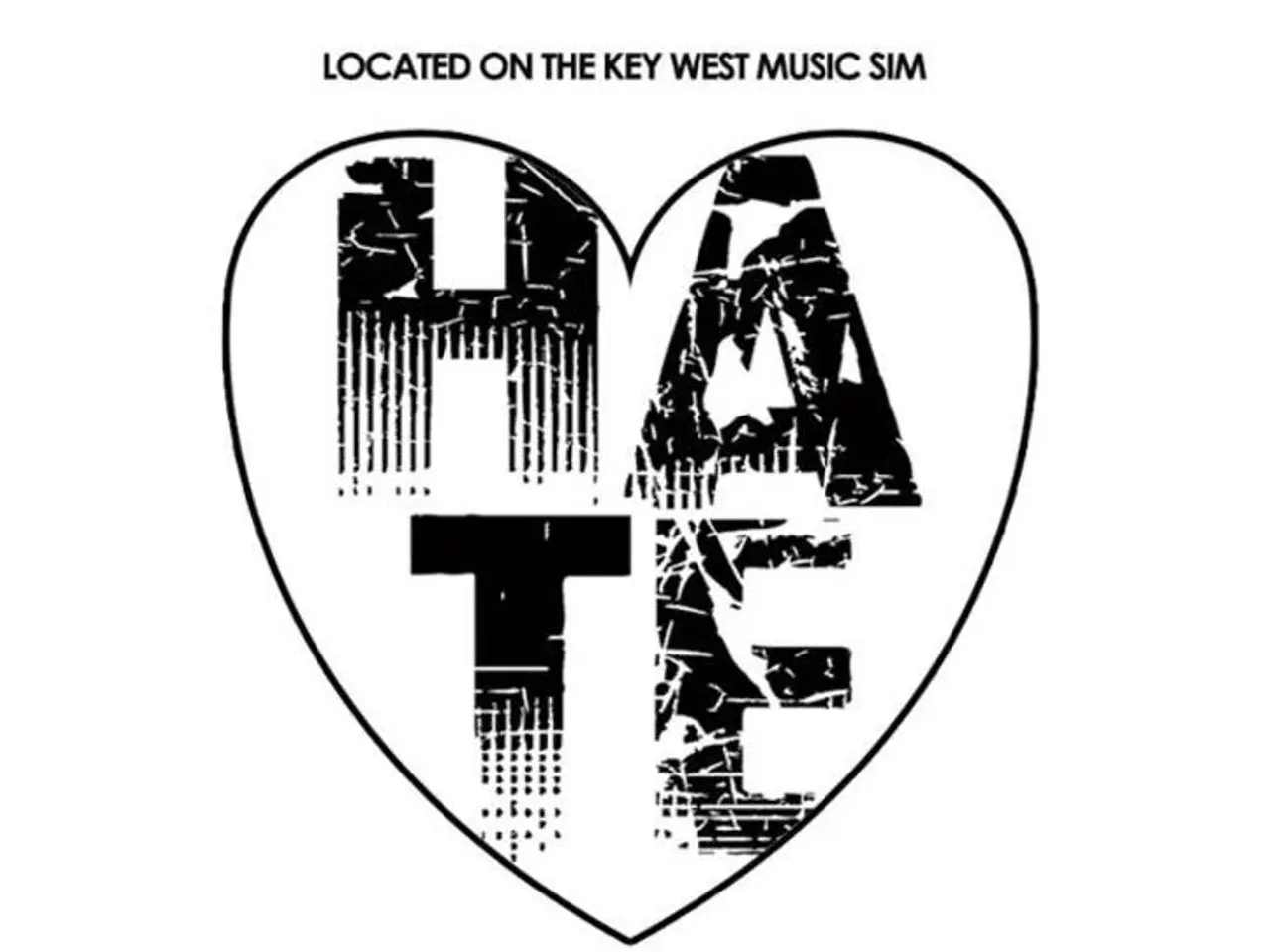The color scheme was formerly less dominated by black, red, and gold.
In recent times, there has been a notable resurgence of nationalism among young people in Germany, a trend that is causing both concern and debate. This shift can be attributed to various factors, such as political shifts, youth radicalization, historical context, and economic and geopolitical factors.
Political Shifts
The Alternative for Germany (AfD), Germany’s second-largest party, has expanded its influence, particularly in eastern states like Thuringia, Brandenburg, and Saxony. The party promotes a nationalist agenda focused on reclaiming völkisch (ethnic) nationalism and repudiating Germany’s historical guilt over Nazism. AfD leaders advocate for restoring a positive German national identity and pride, challenging the post-war culture of shame.
Youth Radicalization
Federal intelligence reports a 23% increase in far-right extremists in 2024, with youth extremist subcultures such as “Jung und Stark” and “Deutsche Jugend Voran” rapidly radicalizing young people online toward nationalist and violent ideologies.
Historical Context and Backlash
Some neo-Nazi and far-right movements in Germany have re-emerged as anti-authoritarian youth rebellions, partly against cultural and political establishments. Acts of violence and hostility, including attacks on minorities, feed into an identity crisis and nationalist reaction among certain young groups.
Economic and Geopolitical Factors
Nationalist parties like the AfD express skepticism of neoliberal economic policies and Western alliances, advocating for closer Eurasian relations, which appeal to some working-class youth dissatisfied with current economic and political systems.
Implications
The rise in nationalism has led to an increase in far-right motivated crimes, posing public safety and social cohesion risks. It has also strengthened far-right parties’ electoral success, particularly in eastern Germany, shifting regional politics and national discourse toward ethnic nationalism and anti-immigration stances.
Social fragmentation and ethnic and cultural tensions have also increased, as seen historically with violence against migrants and minorities. The resurgence challenges Germany’s post-war identity centered on humility and reckoning with the Nazi past, generating debates over national pride, memory politics, and who "belongs" in German society.
Impact on Society
Youth engagement with extremist ideologies risks perpetuating cycles of violence and social division, impacting democratic norms and minority rights. Economic and geopolitical realignments proposed by nationalist groups may affect Germany’s role in Europe and beyond, with potential shifts toward Eurasian cooperation and away from traditional Western alliances.
A Case Study: Christoph Ruf and National Pride
Christoph Ruf, a freelance author who writes a weekly column on political and sporting events, decided to express his pride in Germany to passersby at a local shopping center. Ruf plans to explain his pride by mentioning sprat, one of the reasons listed by the "Bild" newspaper, which includes reasons like "ebb and flow", fairy-tale forests, alpine glow, sprat, marmot, seal, and eagle. However, Ruf criticized the "Bild" newspaper for suggesting that one should love Germany because of such reasons.
In contrast, the Green Party chairman Felix Banaszak was asked if he had a problem with the fatherland during an ARD summer interview. Banaszak's response was perceived as lacking a direct answer, fueling debates about national pride and identity in Germany.
In conclusion, the resurgence of nationalism among German youth reflects a complex mix of historical memory contestation, political opportunism, social grievances, and global geopolitical shifts that together have significant consequences for Germany's social fabric and political landscape.
Read also:
- Today's most impactful photographic moments
- Support for Eric Adams in The Post's Letters to the Editor on August 13, 2025
- Roosting Shark and Rambunctious Red Squirrels: Unconventional House Rental in Yorkshire Involving Aquatic Marvel, Squirrely Mayhem, and Mystical Planning Regulations
- Legal Dispute Dismissed with Humor: Supreme Court Laughs off Another Civil Matter Mislabeled as Criminal Prosecution








